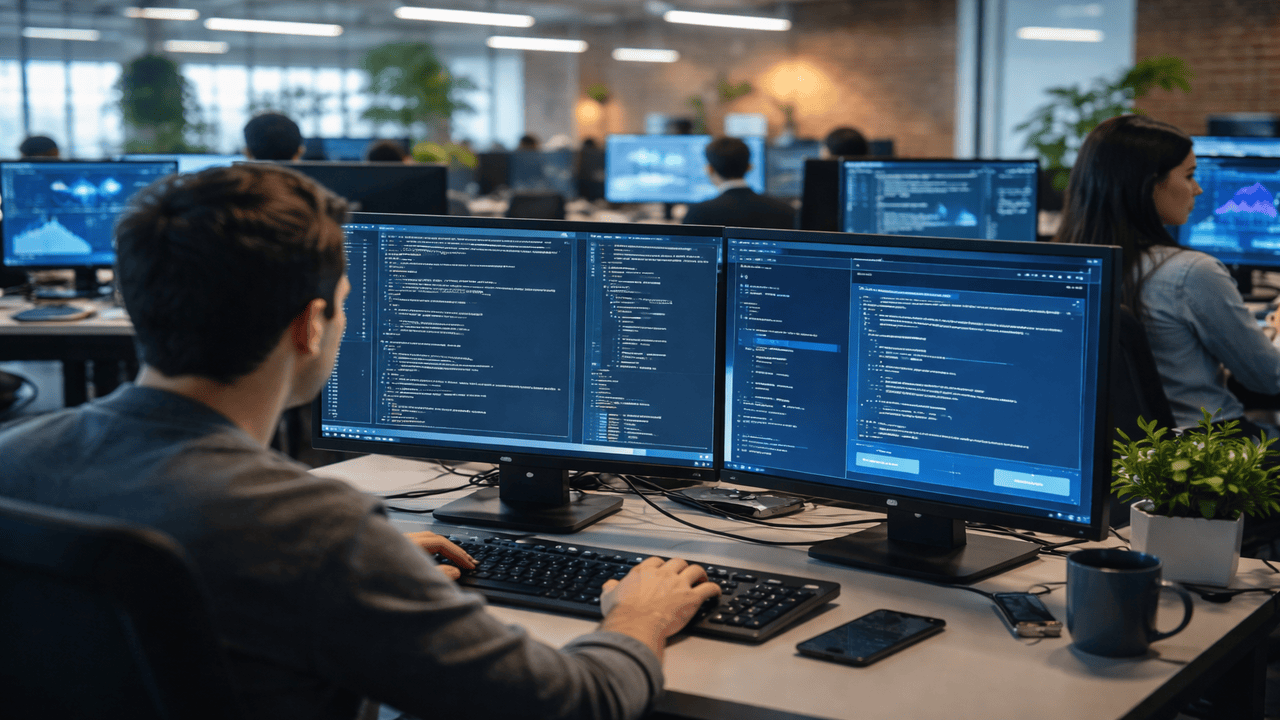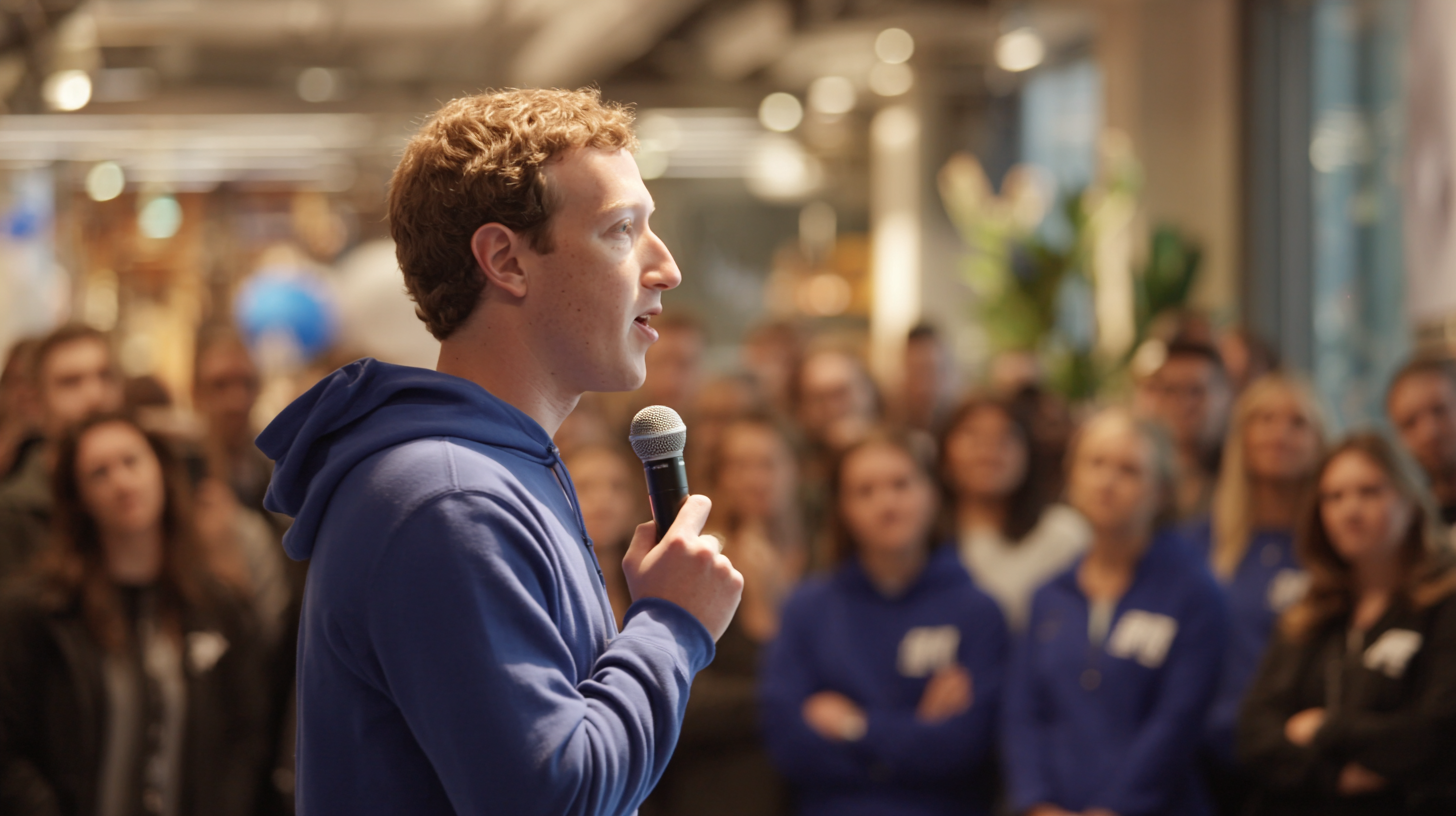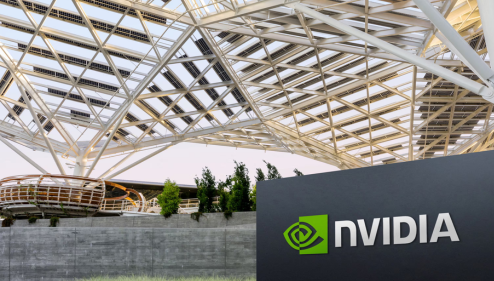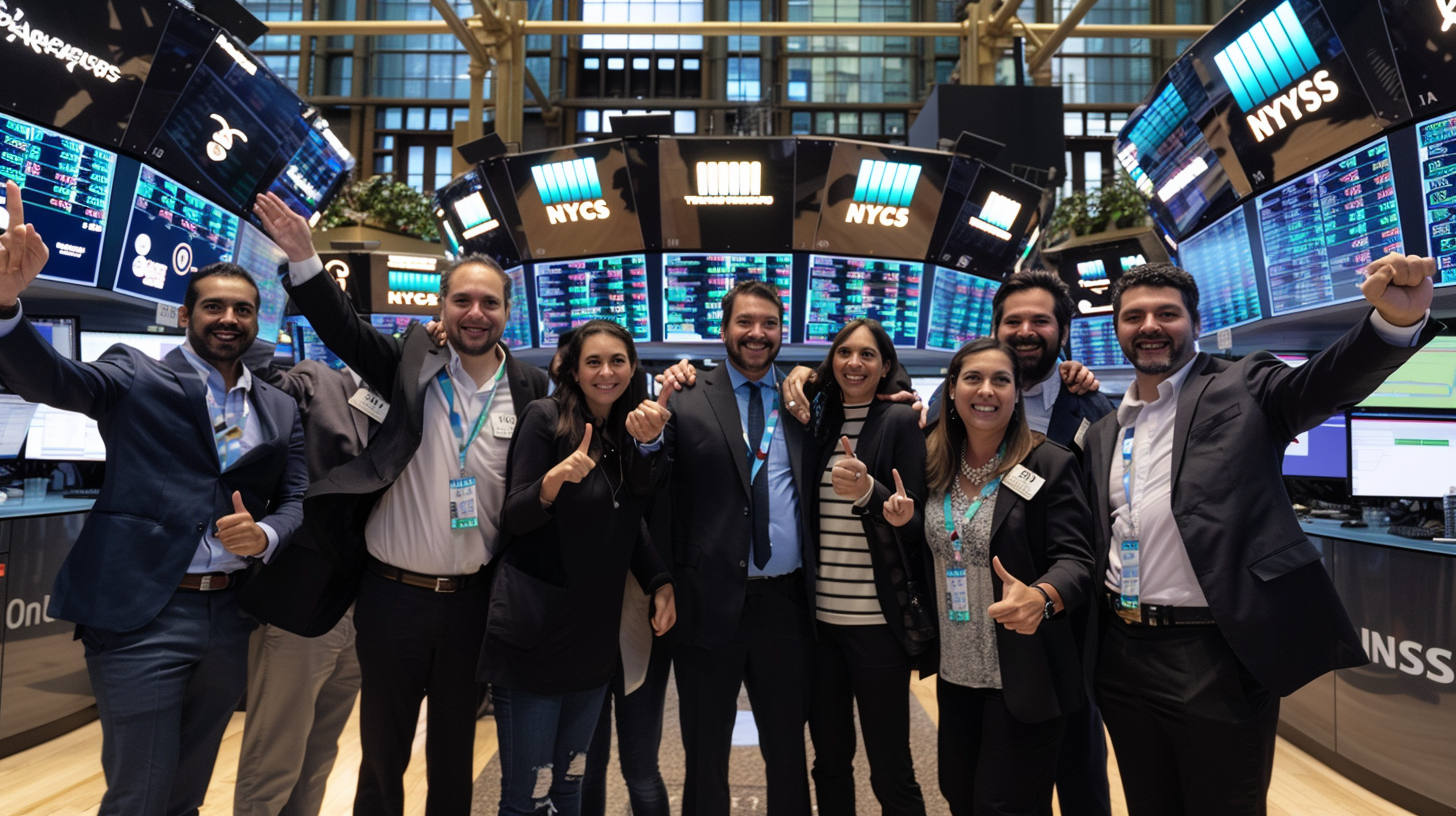Cloud infrastructure startup Render has secured $100 million in new funding at a $1.5 billion valuation, underscoring how the artificial intelligence boom is reshaping the competitive landscape of cloud computing. As developers increasingly rely on AI tools to generate code and launch applications, platforms that simplify deployment and infrastructure management are seeing surging demand.
Founded in 2018 and headquartered in San Francisco, Render offers developers an easy way to deploy web apps, databases and background services without the operational complexity traditionally associated with major cloud providers. The company now counts more than 4.5 million developers on its platform and is growing revenue at well over 100% annually, according to CEO and co-founder Anurag Goel.
The broader cloud market has long been dominated by giants like Amazon, Microsoft and Alphabet. But the rise of generative AI, sparked by the 2022 debut of OpenAI’s ChatGPT, has shifted how software is built and deployed. Developers are now asking AI systems to write applications for them, dramatically lowering the barrier to creating new products. That shift is driving demand for infrastructure platforms that can instantly host and scale those AI-built applications.
Render operates on top of established cloud services such as Amazon Web Services and Google Cloud Platform, but it has also begun testing its own server infrastructure. Moving some workloads in-house could reduce long-term costs and give the company greater control over performance and pricing. However, owning hardware introduces new operational risks, including the need to carefully manage capacity to avoid shortages or downtime.
Investors backing Render include 01A, Addition, Bessemer Venture Partners, General Catalyst and Georgian Partners. The new capital will primarily fund hiring, particularly engineers focused on expanding platform capabilities and reliability.
Render’s growth also reflects changes among legacy platform providers. Salesforce recently indicated it would scale back new feature development for Heroku, once a pioneer in the platform-as-a-service category. That decision has left many developers searching for modern alternatives, and Render is positioning itself as a natural successor.
The company has attracted customers ranging from startups to established brands. AI-powered app builder Base44 uses Render for deployment, and its founder has invested in the company after experiencing the product firsthand. Other customers include e-commerce platforms, media companies and emerging AI startups seeking simplified infrastructure.
Notably, OpenAI’s Codex coding application allows users to deploy apps directly to Render, alongside options such as Cloudflare, Netlify and Vercel. As AI-generated software becomes more common, being integrated into these development workflows provides a powerful distribution channel.
Render’s rise highlights a broader trend: as AI makes software creation easier, infrastructure simplicity becomes a competitive advantage. In a market historically defined by scale and complexity, the winners of the AI era may be those that remove friction rather than add features.












